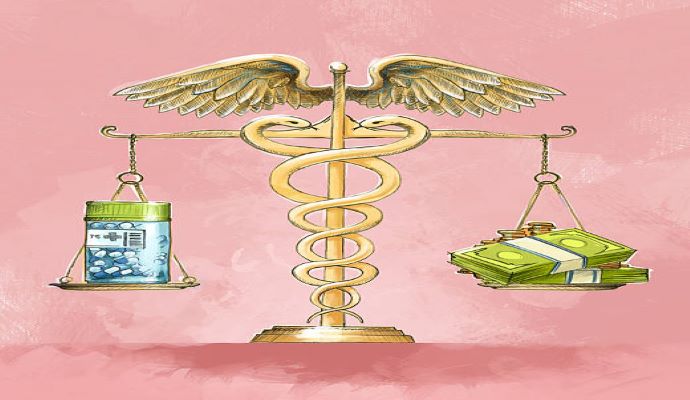Biosimilars in the US Cost 2.74 Times More Than in Other Countries
A recent analysis comparing biosimilar prices in the United States, Switzerland, and Germany found that biosimilars cost 2.74 times more in the US than in Switzerland and 1.94 times more compared to Germany.

Source: Getty Images
- Biosimilars, biologic products similar to brand-name biologics, are praised as a less expensive alternative for patients with chronic diseases requiring biologics. Many providers and healthcare experts note that adopting and integrating biosimilars in the United States will alleviate chronic disease spending, widen access, and improve patient care. However, a recent analysis published in JAMA Network Open found that biosimilars in the US cost up to 2.74 times more than in other countries.
Researchers in this study looked at biologic and biosimilar approvals through August 2022 in the US, Switzerland, and Germany. Using public and commercial databases, the investigators also extracted price and sales data from 2011 to 2020.
First, the study looked at the uptake of biosimilars in the three countries and found that uptake levels change based on the active ingredient. The highest uptake in the US, Germany, and Switzerland was bevacizumab, adalimumab, and rituximab, respectively. Comparatively, the lowest uptake was for products with infliximab, insulin lispro, and insulin glargine as the active ingredients.
In addition, researchers noted that “Biosimilars in the US that entered the market more recently were estimated to experience a faster uptake (as measured by the market share one year after launch), whereas, in Germany and Switzerland, the coefficients were small and not significant.”
After analyzing uptake, the investigators compared prices and monthly treatment costs and found that, at market entry, prices in the United States were lower than their reference product, varying between 55% and 90% of the reference product market price. In Germany, biosimilars entered the market at 65–100% of the cost of the reference product. Finally, Switzerland had the lowest fees at market entry, with most products entering the market with relative prices of 70–80%.
Comparing monthly treatment costs, the authors wrote that the monthly treatment costs of biosimilars in the US were 1.94 times greater than Germany and 2.74 times higher than Switzerland. In the US, the average monthly cost using a reference product was $11,503, while the biosimilar cost was $8,987 per month. Furthermore, researchers in the publication note, “In Germany, median monthly treatment costs per patient were $932 for biosimilars and $1285 for reference products and $1351 for biosimilars and $1801 for reference products in Switzerland.”
According to the Vizient 2022 Biosimilar Survey, biosimilars saved $12.6 billion in the US between 2004 and 2022. Although these savings have been beneficial, it is clear that more regulation on drug pricing in the US is necessary. Researchers concluded that “policies for drug pricing negotiations in the US against anticompetitive practices of exclusionary contracts could allow biosimilars to enter the market sooner and at lower costs, which could result in lower healthcare costs and improved patient access. Awareness of biosimilars should be promoted to increase the uptake of biosimilars in all three countries.”
